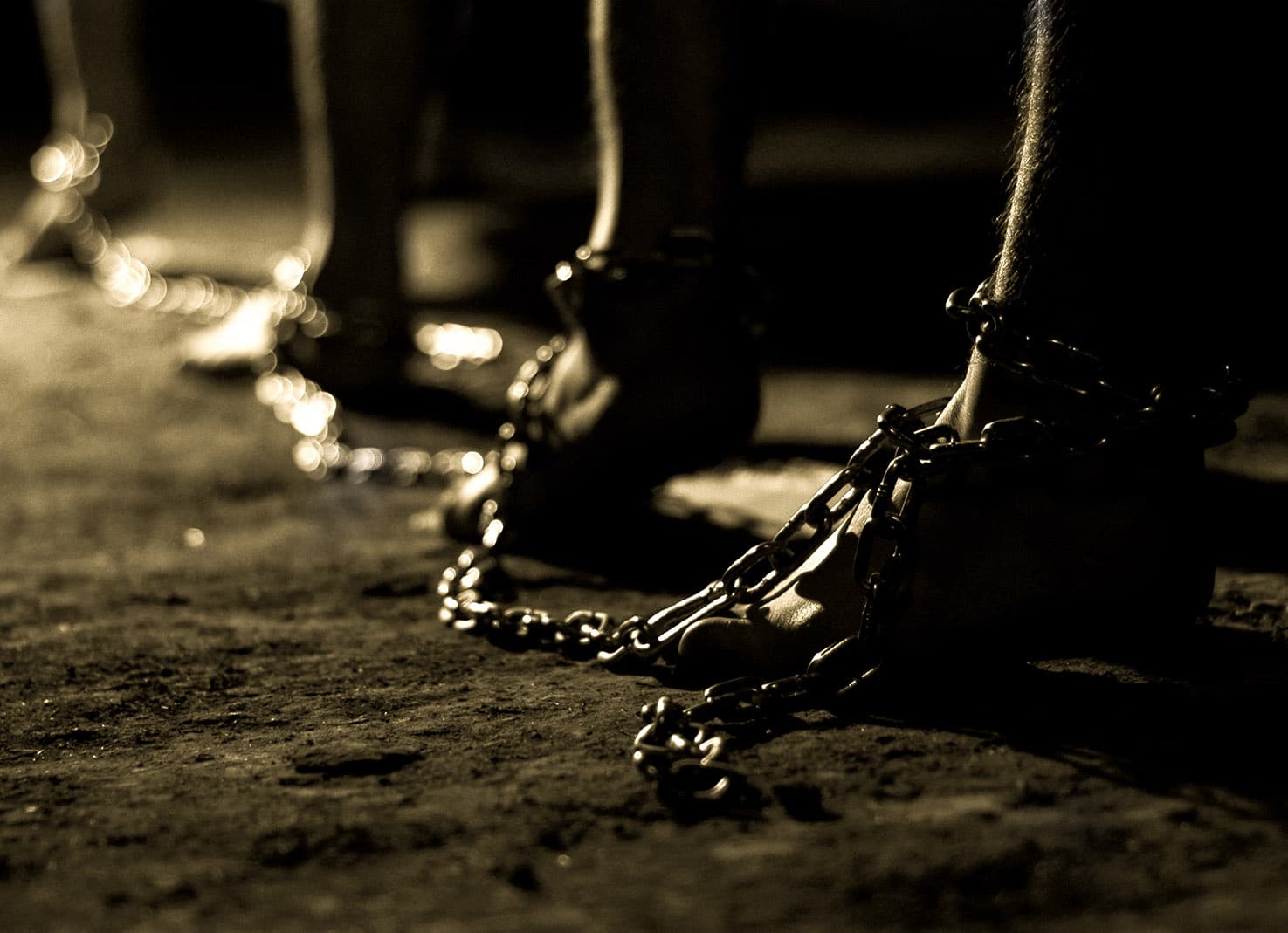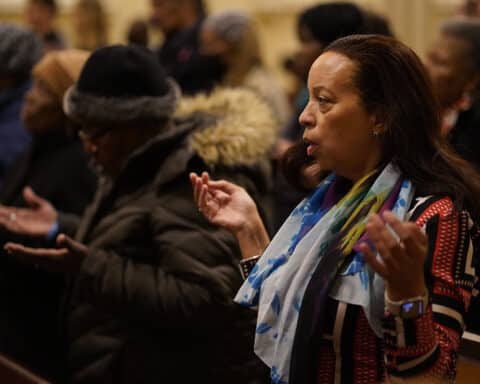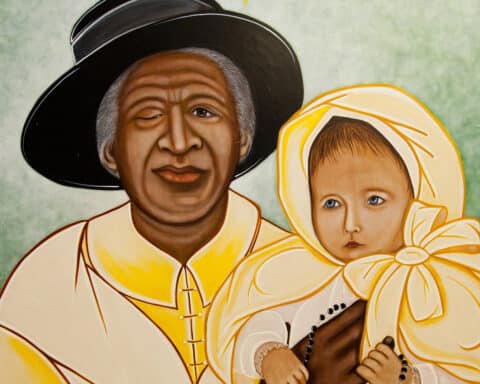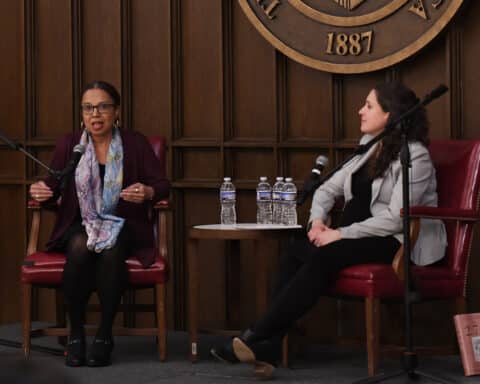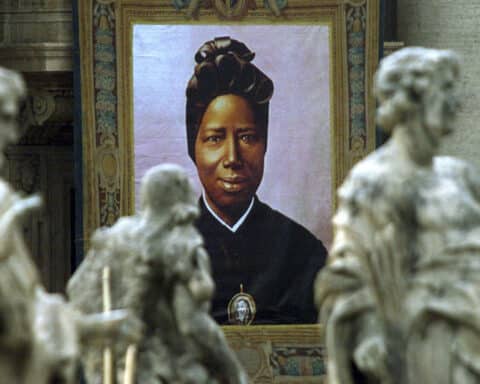Jefferson Davis, president of the Confederacy, had a habit. Whenever Davis met a Catholic priest, he removed his hat, bowed his head, clasped his hands and asked for the priest’s blessing.
Davis, a lifelong, practicing Episcopalian, developed this reverence for Catholic priests in adolescence. When he was born in 1808 in rural Kentucky, public schools were not many, and few were any good. Davis’ father, however, was a man of means, who could afford to send his children to the best schools in the country.
He enrolled young Jefferson in St. Thomas College, a college preparatory school by today’s definition, near Springfield, Kentucky, run by Dominican priests. Apparently, Davis received a fine education, enough to get him into West Point.
He went on to be an officer in the U.S. Army, a U.S. Senator and, from 1861 to 1865, president of the Confederate States of America.
The Dominican priests impressed him. While at St. Thomas, he approached a professor, Dominican Father Richard Pius Miles, later the first bishop of Nashville, asking to be received into the Catholic Church. The priest told Davis that he was too young to take such a step. Davis remained in the Episcopal Church.
Catholic confederates
A devout Catholic, Stephen R. Mallory, from Pensacola, Florida, was secretary of the Navy. An important military commander was General Pierre Beauregard, from Louisiana, another Catholic. Admiral Raphael Semmes, from Mobile, Alabama, was the Confederacy’s greatest naval hero.
Davis’ secretary of state was Judah P. Benjamin, a Jew, but from Catholic New Orleans, the husband of a fervent Catholic. Benjamin converted to Catholicism after the war.
Catholics composed entire units of the Confederate army. The only chaplain, North or South, killed in action in the Civil War was Father Emmeran Bliemel from Nashville, a Confederate. Long after the war, a legend in the South was Father Abram J. Ryan, whose abundant pro-Confederate published writings bordered on the fanatical.
Even in “Gone With The Wind,” the heroine, Scarlett O’Hara, is a Catholic, as is her family. Her sister is a nun!
Anyone who thinks Catholics hesitated about embracing the Confederate cause to sustain and extend slavery should read some history.
Separation of races
How was this possible? Well, to be honest, not until 1888 did the Catholic Church formally and expressly denounce slavery as an institution, but, still, the system reeked of inhumanity.
Catholics went along with slavery for several reasons. First, they fell in line with the general American society. True, increasingly as years passed, opponents to slavery multiplied, especially in the northern part of the country, but slavery was an American reality, not simply a Southern one. The Constitution provided for, enforced and fully sanctioned slavery.
Robert E. Lee surrendered in April 1865. The Confederacy collapsed, but slavery remained legal and present in the United States until the Constitution was amended.
Why? African Americans were considered different, and seen as not as intelligent as European Americans. By law in many states, African Americans could not be educated, but not taking this into consideration, it was thought so often that Blacks were inherently dumb.
The overall problem was that the system separated the races, totally, so drastically. The ruling classes had difficulty realizing they had the same feelings, potential and humanity as Blacks.
Our current division
Few Catholics today would defend slavery. Few would argue for legal segregation, but many Americans are burdened by the effect of separation– often rigid separation. This separation creates a vicious circle. One group does not truly know the other, draws apart from the other, and on and on it goes.
Much indeed has happened. President Harry S. Truman ended racial division in the military. The courts ended many practices of division. So did Congress, but, still alive and well is the fact that Americans, because of race, stand apart, and most of all, simply do not know each other as persons or know what others feel and experience.

